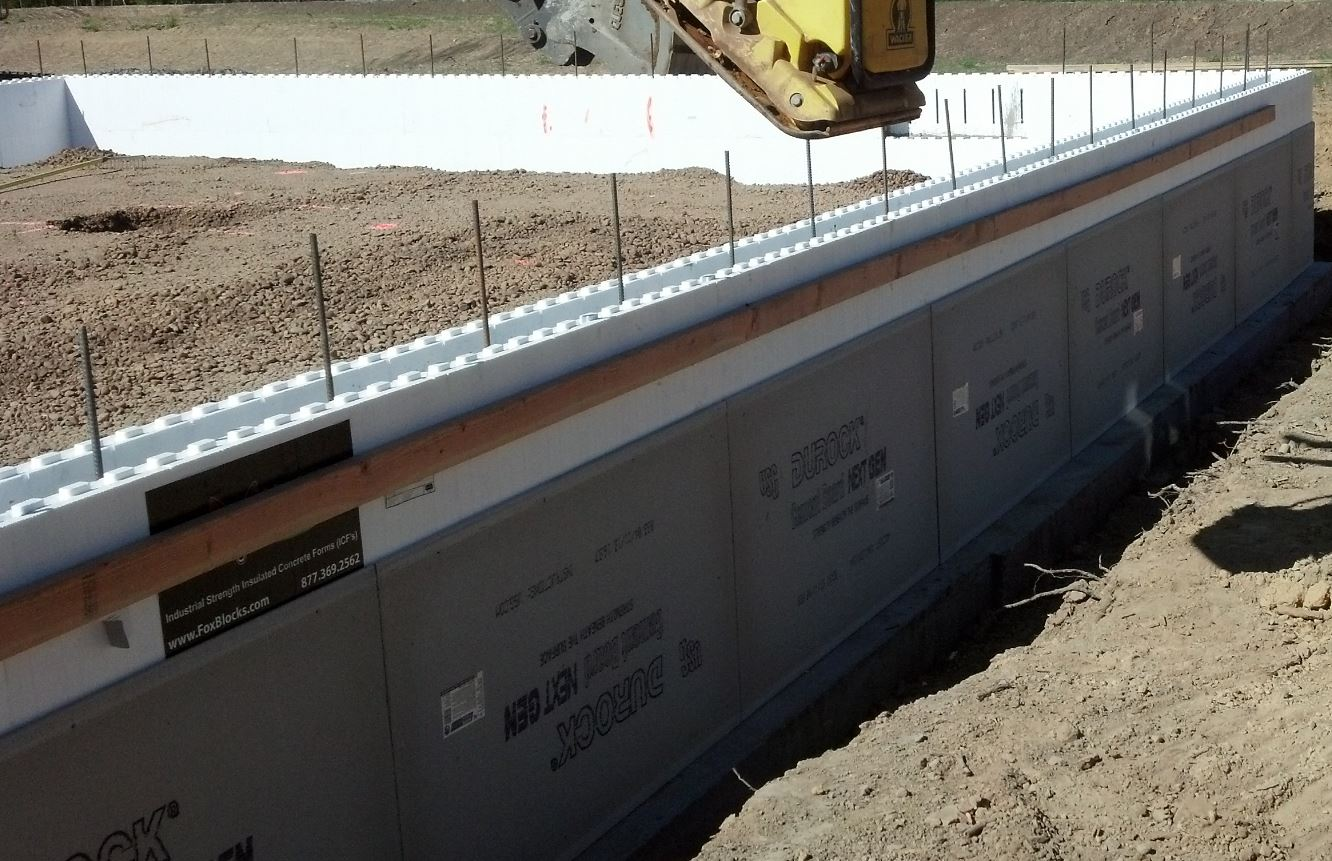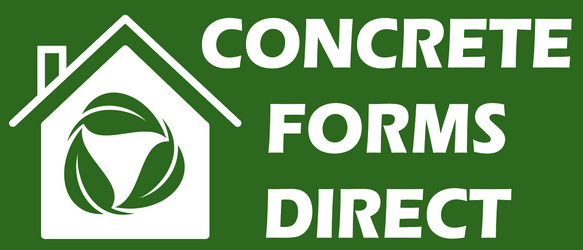
Debunking the Myth: Do ICF Homes Crack?
When it comes to choosing the right construction method for your dream home, questions about durability and long-term performance are inevitable. One common concern among potential homeowners considering Insulated Concrete Forms (ICF) is whether these homes are prone to cracking. In this blog post, we'll delve into the world of ICF homes and debunk the myths surrounding the idea that they are susceptible to cracks.
Understanding ICF Construction: Insulated Concrete Forms (ICFs) have gained popularity in recent years as a sustainable and energy-efficient alternative to traditional building methods. ICFs consist of interlocking blocks or panels made of expanded polystyrene (EPS) or other insulating materials. These forms are then filled with concrete, creating a solid and well-insulated wall structure.
Addressing the Crack Concern:
-
Flexibility of ICF Construction: One of the key advantages of ICF homes is their ability to withstand movement and settle without developing structural issues. The flexibility of ICF construction allows the building to adjust to the natural shifting and settling of the soil without causing significant stress on the structure, reducing the likelihood of cracks.
-
Uniform Distribution of Pressure: Unlike traditional construction methods that rely on wood framing, ICF homes provide a more uniform distribution of pressure throughout the walls. This even distribution helps minimize the risk of cracking, especially in areas prone to seismic activity or soil movement.
-
Thermal Expansion and Contraction: ICF homes are designed to accommodate thermal expansion and contraction, which can occur due to temperature variations. The insulation properties of the concrete forms help regulate temperature changes, reducing the stress on the structure and minimizing the chances of cracks.
-
Professional Installation Matters: The quality of construction and installation play a crucial role in determining the performance of any home, including ICF structures. When installed by experienced professionals, ICF homes can provide superior durability and resistance to cracks. It is essential to hire qualified contractors with expertise in ICF construction to ensure a successful and long-lasting build.
In conclusion, the idea that ICF homes are prone to cracking is a common misconception. The inherent flexibility, uniform pressure distribution, and ability to accommodate thermal expansion make ICF homes resilient to cracking when compared to traditional construction methods. However, it's crucial to emphasize the importance of professional installation to ensure the full benefits of ICF construction are realized. If you're considering building a home that stands the test of time, an ICF structure may be the solution you've been searching for.
